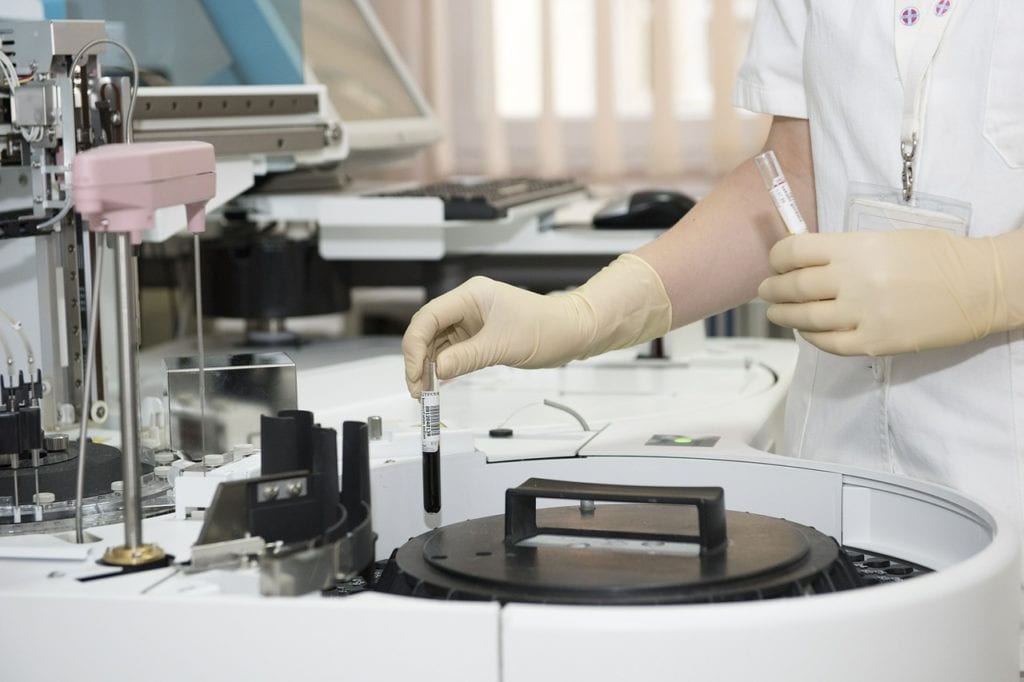Following Rare Disease Day at the NIH Clinical Center in early March, we spoke to the NIH about remaining questions we had pertaining to rare disease research. We are impressed with the work they have in place, and want to help patients and advocates better navigate their initiatives and get involved.
We asked how the NIH prioritizes research funding, how advocacy groups can fund researchers at the NIH, how the NIH supports innovative tactics, and where we could find a list of initiatives where the NIH worked with academia to advance the field of rare disease.
Yesterday, we shared the first part of this exchange, which was focused on funding prioritization. You can check out that article here.
Next, we asked about how advocacy groups funding research can collaborate with the NIH. We wanted to know what process is currently in place, and if it would be feasible for advocacy groups to fund a full-time researcher or even an entire research team, and ensure the allocation of NIH space and equipment.
The NIH answered that each of the NIH Institutes and Centers (IC) has the power to establish its own research agenda and funding priorities. However, groups hoping to fund more research are in luck– NIH confirmed that additional research may be conducted with outside funding, although they don’t solicit outside funding.
The NIH shared that they are authorized to receive gifts both directly and through the not-for-profit charitable organization, Foundation for the National Institutes of Health (FNIH). FNIH was created 28 years ago by Congress to help raise private funds, and establish public private partnerships that assist the NIH’s mission.
There are also various ways that patient support groups and other groups with similar goals can work together on rare disease initiatives. Below are a list of National Center for Advancing Translational Sciences (NCATS) examples, compiled by the NIH:
- Bridging Interventional Development Gaps (BrIDGs): This NCATS program supports targeted contract access to drug development resources that enable academic, not-for-profit and small business collaborators to generate the data they need to submit an Investigational New Drug application to the U.S. Food and Drug Administration.
- Genetic and Rare Diseases Information Center (GARD): The GARD website and staff provide comprehensive information on rare and genetic diseases for patients, their families, health care providers and the public. NCATS administers GARD in collaboration with the NIH’s National Human Genome Research Institute.
- Rare Diseases Clinical Research Network (RDCRN): This NCATS program is designed to advance medical research on rare diseases by providing support for clinical studies and facilitating collaboration, study enrollment and data sharing. Through the RDCRN consortia, physician scientists and their multidisciplinary teams work together with patient advocacy groups to study more than 200 rare diseases at sites across the nation.
- Therapeutics for Rare and Neglected Diseases (TRND): Through this program, NCATS supports research collaborations among NIH and academic scientists, patient organizations and biopharmaceutical companies to encourage and speed the discovery of new drugs for rare and neglected diseases.






